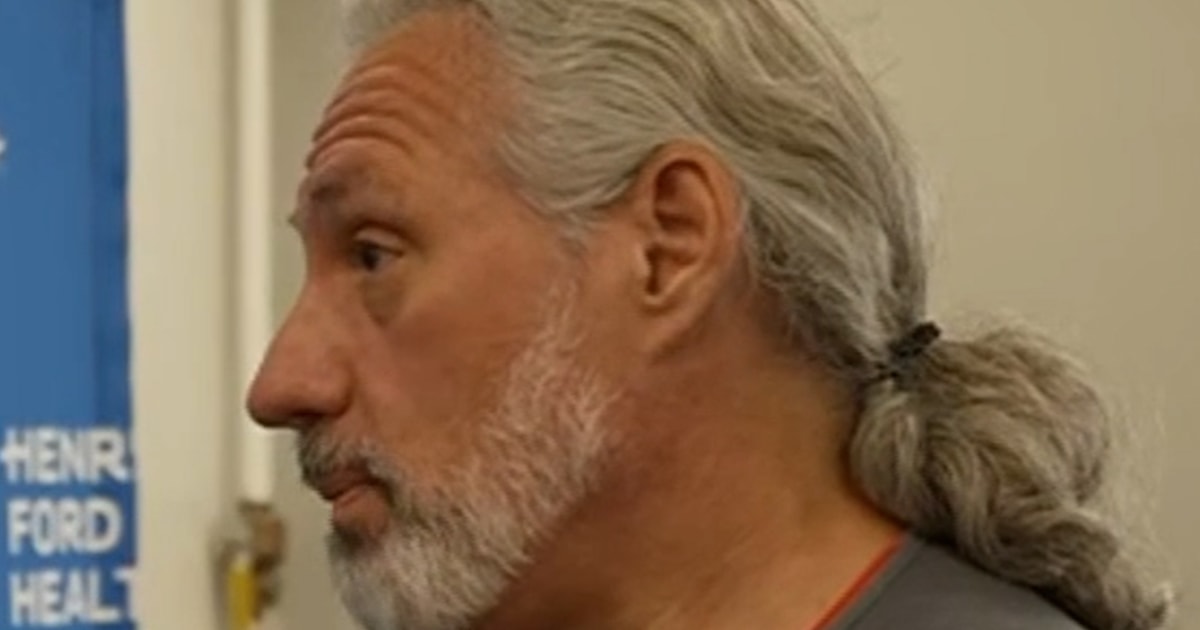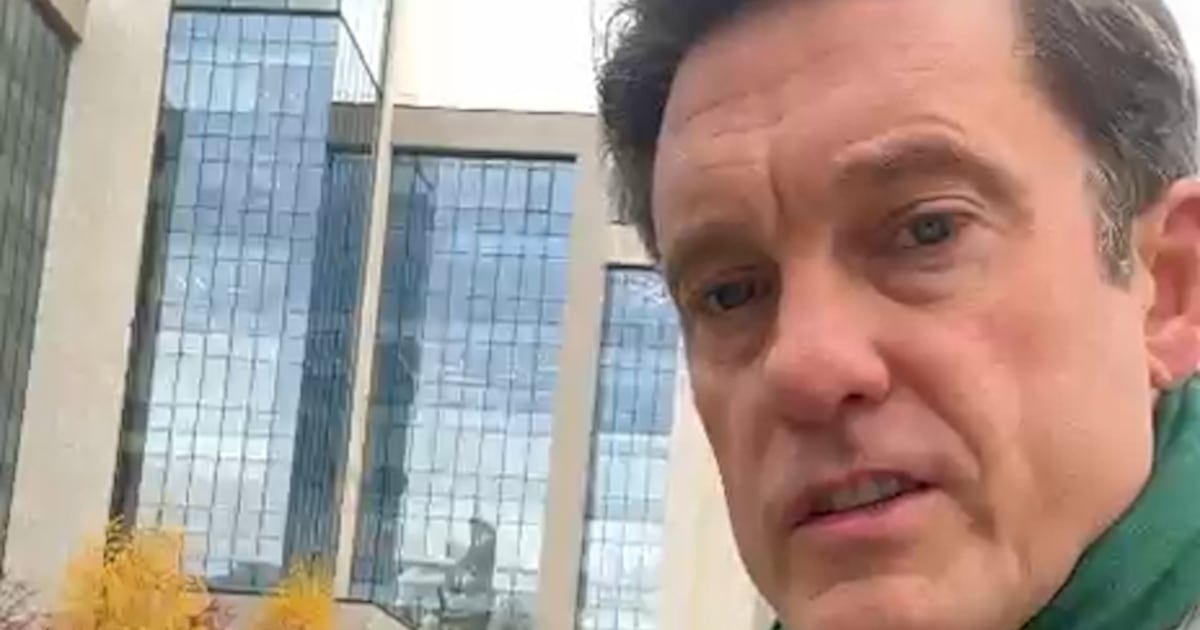An emergency department doctor describes what it was like to treat people he knows following a shooting and fire at a Church of Jesus Christ of Latter-day Saints in Grand Blanc, Michigan. NBC News’ Adrienne Broaddus reports.
Source link
Doctor describes working in ER after LDS church shooting




